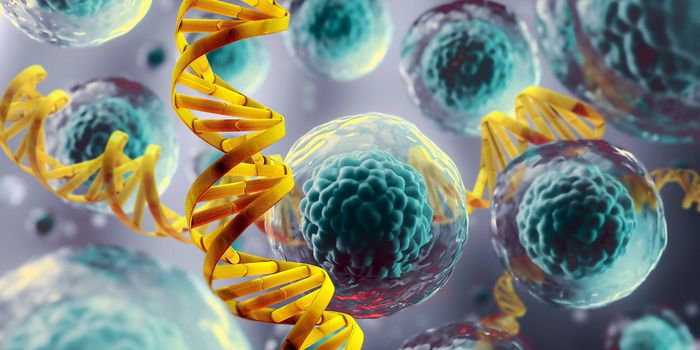Heating Up the Immune Response: Turning Cold Tumors Hot
Immune checkpoints are present on the surface of immune cells throughout the body. Under normal conditions, they regulate the immune system by preventing an overactive immune response from destroying healthy cells. The immune checkpoints bind to proteins on other cells, called ligands. The resulting engagement sends an “off” signal to the immune cells. This “off” signal prevents autoimmune reactions and keeps the immune system in check. However, when faced with cancer, engagement of immune checkpoints can prevent anti-tumor immune responses resulting in disease progression. Some tumors create an additional challenge to the immune system as they express the ligands that pair with immune checkpoints allowing cancer to promote its own survival.
Based on their crucial role of regulating immunity, immune checkpoint inhibitors (ICIs), monoclonal antibodies that block engagement of immune checkpoints and their ligand partners, have emerged as a superior treatment for several types of cancer. Checkpoint blockade prevents the “off” signal from being sent, enabling immune cells to kill cancer cells.
Unfortunately, while ICIs can infer long-lasting immunity, they are not effective for all cancer types or all patients. Developing new strategies to help more patients respond to these therapies is an active area of immunological research. Immunologists recognize many factors that can predict ICI response, and these characteristics collectively identify “hot” and “cold” tumors.
A hot tumor is more likely to induce an anti-tumor immune response. Hot tumors are characterized by pro-immune mediators, including CD8+ T cells, the immune responsible for killing tumor cells, and pro-inflammatory cytokines, proteins that enhance the immune response. Additionally, hot tumors often undergo mutations resulting in the expression of molecules, called neoantigens, that make it easier for immune cells to recognize and attack tumor cells. Conversely, a cold tumor is immunosuppressive, indicating it is unlikely to trigger an anti-tumor immune response. Immune cells that prevent CD8+ T cells from killing tumor cells are prevalent in cold tumors. Importantly, hot tumors respond to ICIs at a much higher rate than cold tumors.
Oncologists can analyze the immune properties of a tumor on a case-by-case basis, but specific cancer types tend to have common characterizations. Bladder, head and neck, kidney, liver, and non-small cell lung cancers and melanoma typically present as hot tumors. Thus, these cancers commonly respond to immunotherapy treatments like ICIs. On the other hand, many breast, brain, ovarian, prostate, and pancreatic cancers tend to possess cold characteristics. Researchers are developing novel combination approaches that turn cold tumors hot, making them more ICI-responsive.
Sources: Immunity, ASCO Post, Dana Farber Institute Insight









